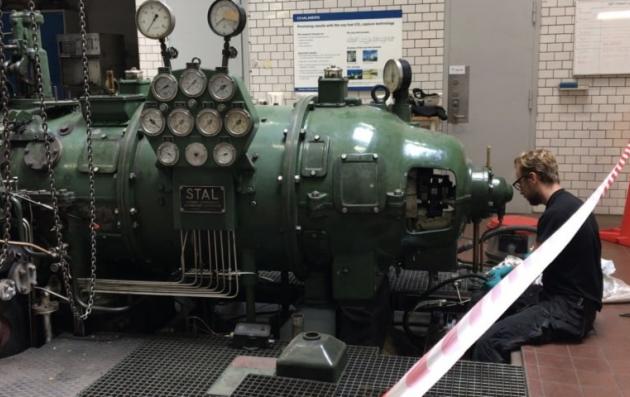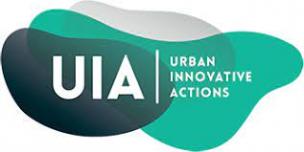Summary
Global warming has made the transition to renewable energy sources absolutely necessary and urgent. At the same time the power demand is increasing due to electrification of transport and industry and urbanisation, followed by grid constrains and risk for blackouts.
Local energy systems, digitally connected to and interacting with external, existing energy systems, have the potential to solve challenges connected to renewable systems and could thus be an important piece of tomorrows’ energy system puzzle. The Fossil-free Energy Districts project, FED, was an innovative initiative aiming to find modern solutions to global energy challenges and make it work.
FED has built up a local energy system, coupling three energy carriers in the same system: electricity, district heating and district cooling. All three are traded every hour, on the hour, at a digital marketplace, shaving power peaks and optimising the total energy consumption, in the local system. The system is able to provide the external grid with services for grid stability e.g. flexibility aggregation, reactive power and frequency control.
The results show a 100% fossil-free energy district, where local waste heating and cooling can be utilised and with a potential for energy efficiency of up to 20%.
The innovative solution
FED has proven an innovative, digital solution to meet challenges in the energy transition. It has built up a local energy system, coupling three energy carriers in the same system: electricity, district heating and district cooling. All three are traded every hour at a digital marketplace, shaving power peaks and optimising the total energy consumption, in the local system. The system is able to provide the external grid with services for grid stability e.g. flexibility aggregation, reactive power and frequency control.
The results show a 100% fossil-free energy district, where local waste heating and cooling can be utilised and with a potential for energy efficiency up to 20%. After project end, the actors can offer knowledge and replication strategies to cities, or others, wishing to make use of local energy systems and smart, digital platforms for balancing and optimising local energy systems.
A collaborative and participative work
The well-balanced partnership in FED was made up of actors from public sector, academia and ICT, real estate and energy business. Factors of success were the large elements of learning from each other and the joint development of new knowledge and new technology solutions. The real estate industry could not do this without the energy utility involved, nor vice versa. The research partners provided excellence e.g. regarding market design. Public sector partners added the municipal and governance dimension. The project was jointly developed in an environment, where most partners already were known to each other. Trust was already built among the partners and this, together with the local setting and use of native language, has been pointed out as keys to success.
The impact and results
The FED project has moved the frontline for what is possible on the area of local energy systems. Utilise sector coupling by combining three energy carriers, in the same system and enabling trade of all three of them on a digital platform is unique. FED has done what others just talk about and we have hands-on experience from e.g. connecting more than 50 market participants to one single system, handling large amount of complex data and developing an IoT platform with “smart agents” representing each market participant. A lot of time and effort has been put into identifying opportunities and barriers for local energy systems in real life. Legislation, business models, roles and governance are issues around which a great deal of knowledge has been built. Strategies for replication have been developed.
Why this Good Practice should be transferred to other cities?
Global warming has made a transition from fossil-based to renewable energy sources urgent, which brings about new challenges, e.g. supply fluctuations due to the weather dependencies and decreased frequency control. Power demand is increasing due to electrification of transport and industry. Strong urbanisation has in some cases lead to severe constrains in power grid, with power shortage and higher risk for blackouts. There is not a single solution to solve all these challenges but local energy systems, connected to and interacting with external, existing energy systems, could play an important role in facing the challenges. A digital solution, e.g. a system like the one developed in FED, is vital for balancing and optimizing the energy systems of tomorrow. The challenges of energy transition are a reality in several areas of Europe and initiatives and projects with smart grid and local energy systems can be found in many cities. We have implemented and demonstrated a system with high technical level and high degree of complexity. The system solution in itself is adaptable and can easily be adjusted to meet local challenges. The experience that the project parties have gained is very valuable for any other city that want to address the challenges of energy transition with the help of a local energy system.


